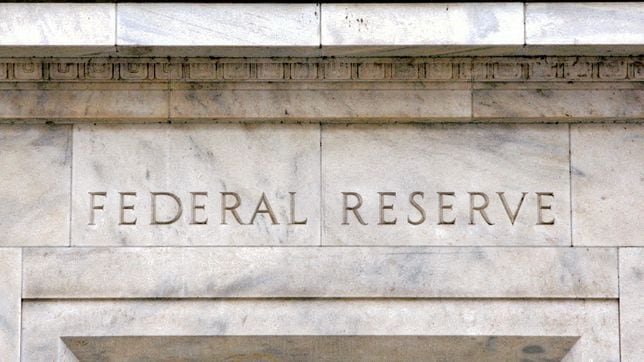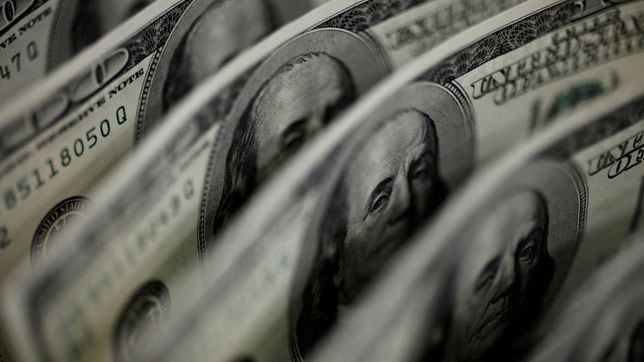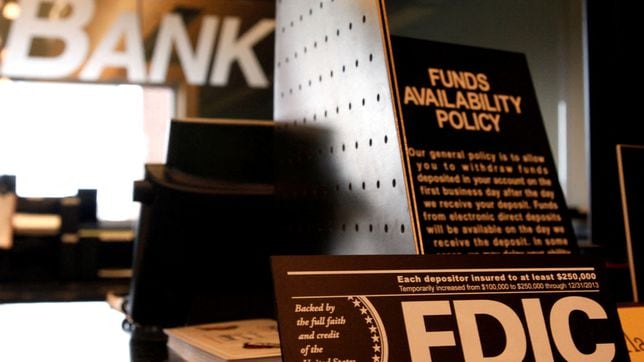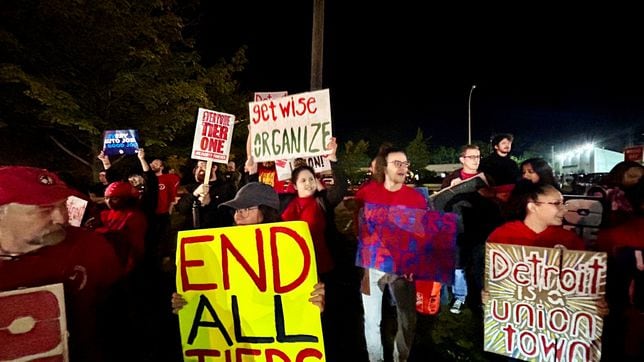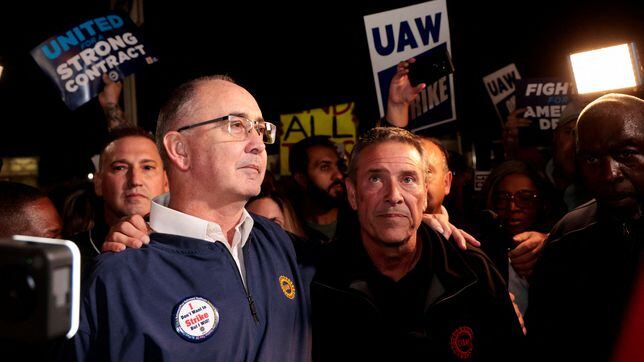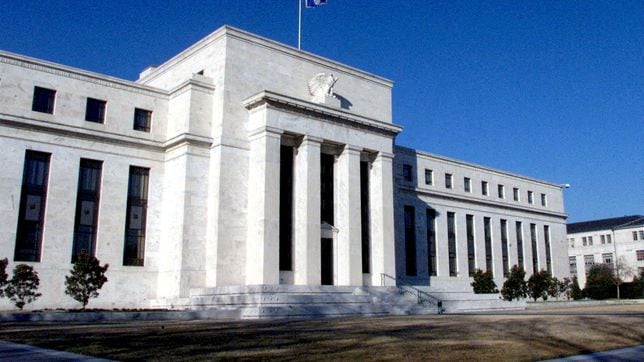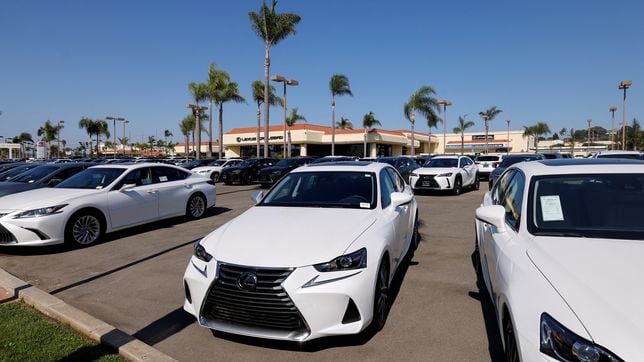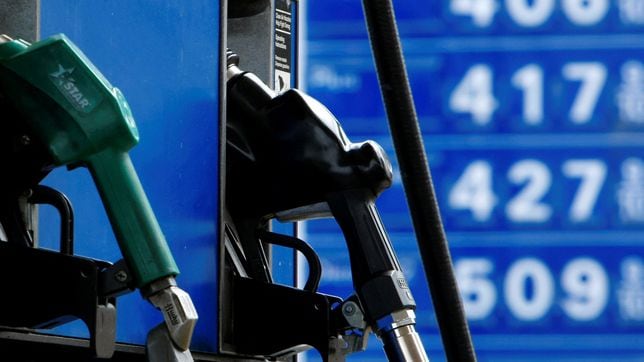US financial news | Summary news 16 September
The biggest news in business today is the historic strike by the United Auto Workers. Follow along for the latest on negotiations as well as other updates.
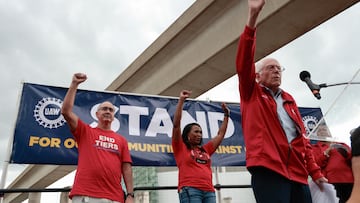

Show key events only
Headlines: Saturday 16 September 2023
- Federal Reserve officials will meet next week to discuss a possible rate hike
- White House says it has been in touch with leadership from both the Big 3 and UAW.
- Various locations of major banks will close across the country next year
- United Auto Worker members went on strike at midnight after the 'Big 3' automakers do not meet worker demands
- Consumer Price Index shot up 0.6 percent in August:how will the Federal Reserve respond?
- Grocery prices are up three percent compared to last year
Read more from AS USA:
The rate of tax levied on gasoline and diesel can vary hugely between states, meaning that the recent fuel price rises have hurt some more than others. California currently has the highest rate of state gas tax.
If you do some interstate driving it might be worth checking out the relative rates of tax. Drivers in some states pay very little compared to their neighbours.
What have the car companies been spending their money on?
For the first time in the history of the United Auto Workers, members are on strike against the Big 3 automotive companies: Ford, GM, and Stellantis.
The CEOs at the three companies have seen their pay increase forty percent over the last four years. The union argues that if executives have earned such high raises, then the workers who generate those profits deserve similar pay increases.
The US Bureau of Labor Statistics (BLS) released August’s Consumer Price Index (CPI) last Wednesday, and it was slightly worse than expected. The consumer price index rose a seasonally adjusted 0.6% for the month, and was up 3.7% from a year ago. Economists had expected year-on-year inflation to be 3.6%.
Why are California’s gas prices the highest in the US?
California is by far the most expensive state for gas. Since the beginning of the year the average price of a gallon of gas has been climbing steadily, now standing at $5.578 a gallon according to the AAA. This is nearly $2 higher than the national average of $3.871.
Gas prices have been creeping up across the United States in the last two months. After recovering from the highs of a year ago, when the average national price broke over the five-dollar mark, the restriction of drilling by oil baron group OPEC has pushed prices up.
Automotive workers in the US have begun huge strike action against the ‘Detroit Three,’ General Motors, Ford, and Stellantis (once known as Chrysler).
Talks to find an agreement between the United Automotive Workers (UAW) union and the companies ended on Thursday night without an agreement being found. 13,000 workers have begun the strike with the first plants affected being GM’s Wentzville assembly plant, Stellantis’ Toledo assembly complex, and the Ford Michigan assembly plant. In total, the UAW represents some 146,000 workers who are ready to drop their tools at any moment.
President Biden makes short remarks about UAW strike
Over the last decade, auto companies have made record profits, including the last few years because of the extraordinary skill and sacrifices of the UAW workers. Those record profits have not been shared fairly in my view with those workers.
One of the UAW’s key demands is an increase of pay similar to that seen by the CEOs of the companies they work for. But while they are striking will they get paid? If so, how much?
Senator Sanders makes support for UAW clear
The senator from Vermont has made public his support UAW members over the last week, and since the strike began sent a message to his followers saying that he "stands with the courageous UAW workers." For many leaders in Washington, and those following around the country, the strike is about more than the conditions of UAW members, but a symbolic fight for better conditions for the working class.
The Federal Open Market Committee of the US Federal Reserve will meet on 20 September to discuss any changes to interest rates. The current Federal Funds Rate (FFR), which is the baseline interest rate in the US, stands at 5.33 percent. The last rate increase came at the end of July when officials opted for a 0.25 percent bump. At the July meeting, the FOMC reported that most committee members expected the “July rate hike would be the last of this tightening cycle.”
Read more on what will influence the central bank's decision in our full coverage.
Welcome to AS USA's live financial blog!
We'll be reporting on other financial news affecting US consumers as inflation ticks up, consumer spending slows, and the Federal Reserve prepares to decide if interest rates will be increased once again at their next meeting.
